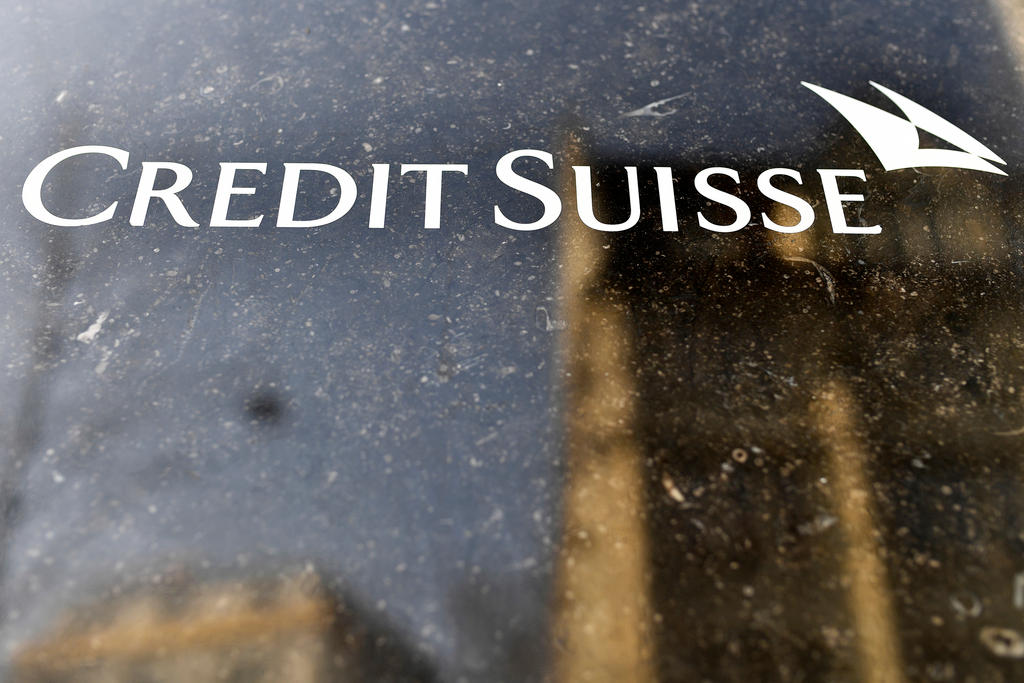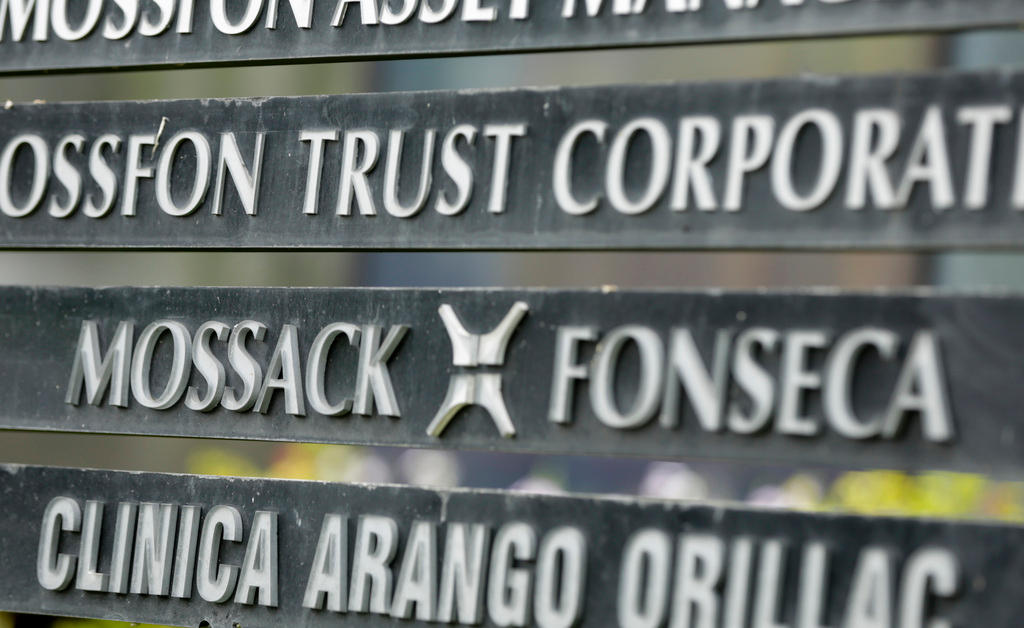Swiss government proposes overhaul of money-laundering laws

The Swiss government wants to revamp the laws against money laundering so that lawyers, notaries and other advisors are required to comply with due diligence obligations.
The Federal Council (executive body) proposed on Wednesday a set of legal amendments External linkto meet international standards in the fight against money laundering and terrorism financing.
It also made recommendations regarding due diligence requirements for Swiss-based associations active abroad, as well as the traders of precious metals and stones.
Lawyers and notaries in the spotlight
The “Panama Papers”, the work of a network of journalists who uncovered tax avoidance and money laundering on an epic scale, put the role of lawyers in the spotlight.
The papers show that 1,339 Swiss lawyers, financial advisors and other middlemen had set up more than 38,000 offshore entities over the last 40 years. These entities listed 4,595 officers – or administrators – that are also connected to Switzerland.
+ Panama Papers data expose Swiss links
In this context, the Federal Council concluded that stricter regulations are needed.
The government proposes due diligence obligations under the Anti-Money Laundering Act apply not only to financial intermediaries and dealers, but also to persons who provide certain services in connection with the formation, management or administration of companies and trusts.
Notably, the Federal Council suggests a new category of individuals – categorized as advisers – who would be required by law to flag their suspicions of money laundering activities.
The government initially did not want to create this obligation out of consideration for the industry’s desire to safeguard professional obligation.
Reporting obligations
But after a consultation process, it wants to see a reporting obligation: if money laundering is suspected, advisors will have to call the Money Laundering Reporting Office.
One small but important caveat: lawyers and notaries would only be affected by the reporting obligation if they carry out a financial transaction as part of their services.
The difference between reporting obligations and the right to report is to be clarified by describing the concept of justified suspicion in more detail in the Anti-Money Laundering Act.
If the financial intermediaries do not receive any feedback from the Money Laundering Reporting Office within 40 days, they should be allowed to terminate the business relationship.
Meeting international standards
International standards are set by the Financial Action Task Force (FATF/GAFIExternal link), in which Switzerland also participates. It regularly checks whether the laws of its member states comply with its recommendations. Switzerland’s next country review is scheduled for 2020.
In the previous round, the task force identified weaknesses and made recommendations that also concerned Swiss associations and their potential misuse for terrorist financing or money laundering.
The Federal Council is focusing on associations that are involved in collecting or distributing money for charitable purposes abroad to reduce that risk.
Transparency rules for associations
Transparency rules will apply to such entities in the future. This means they will have to register in the commercial register and designate a representative who resides in Switzerland.
The government also said it wants to lower the threshold above which traders in precious metals and stones must comply with due diligence requirements for cash payments.
The threshold should be lowered from CHF100,000 to CHF15,000. This does not apply to trading in precious metals and gemstones, which are typically intended for sale to end customers. A control mechanism is to be introduced for the purchase of precious metals.
Transparency International Switzerland say the changes don’t go as far as needed to effectively combat money laundering in Switzerland, although some important shortcomings will be remedied.
Parliament will review the proposed amendments later in 2019 and these could come into effect by early 2021.

In compliance with the JTI standards
More: SWI swissinfo.ch certified by the Journalism Trust Initiative
























You can find an overview of ongoing debates with our journalists here . Please join us!
If you want to start a conversation about a topic raised in this article or want to report factual errors, email us at english@swissinfo.ch.